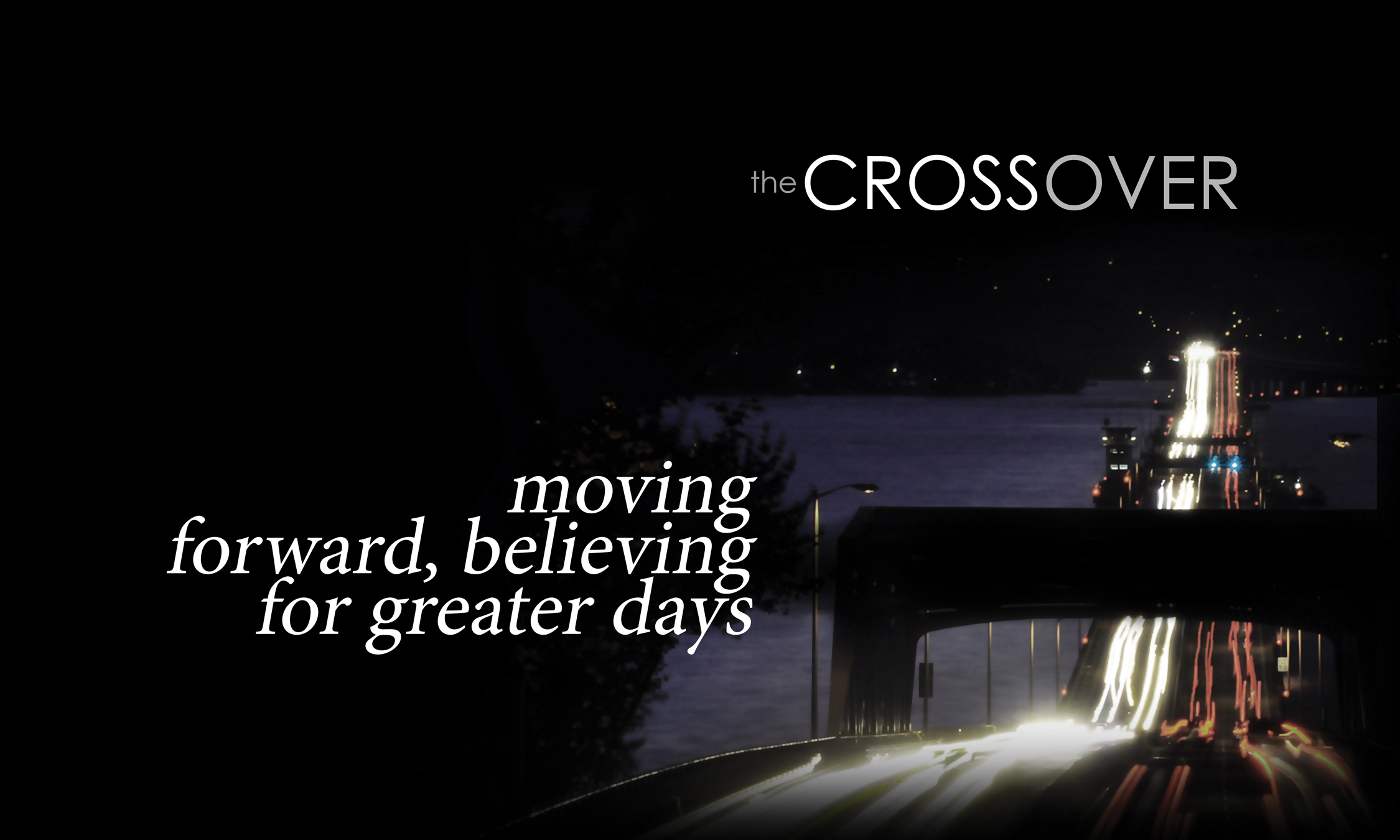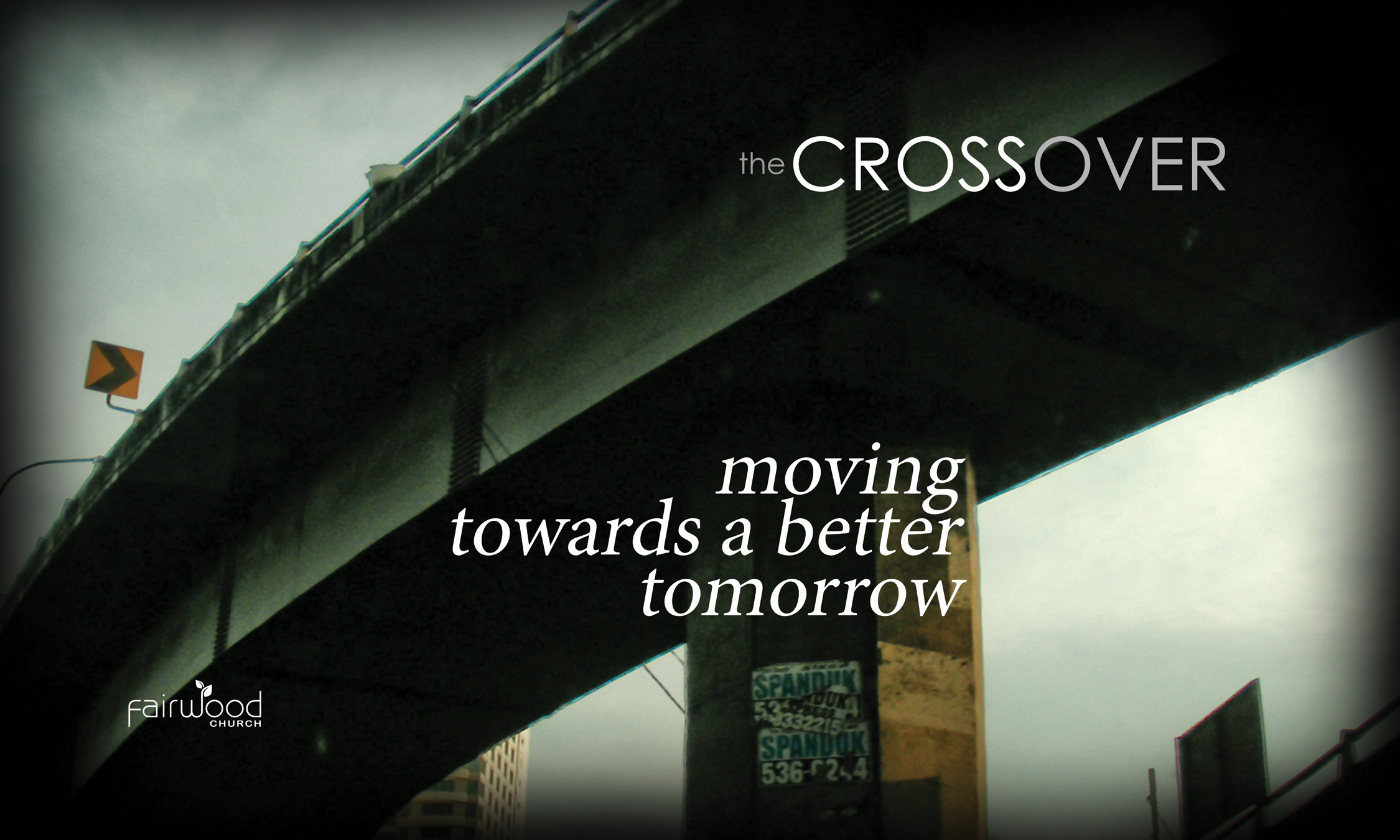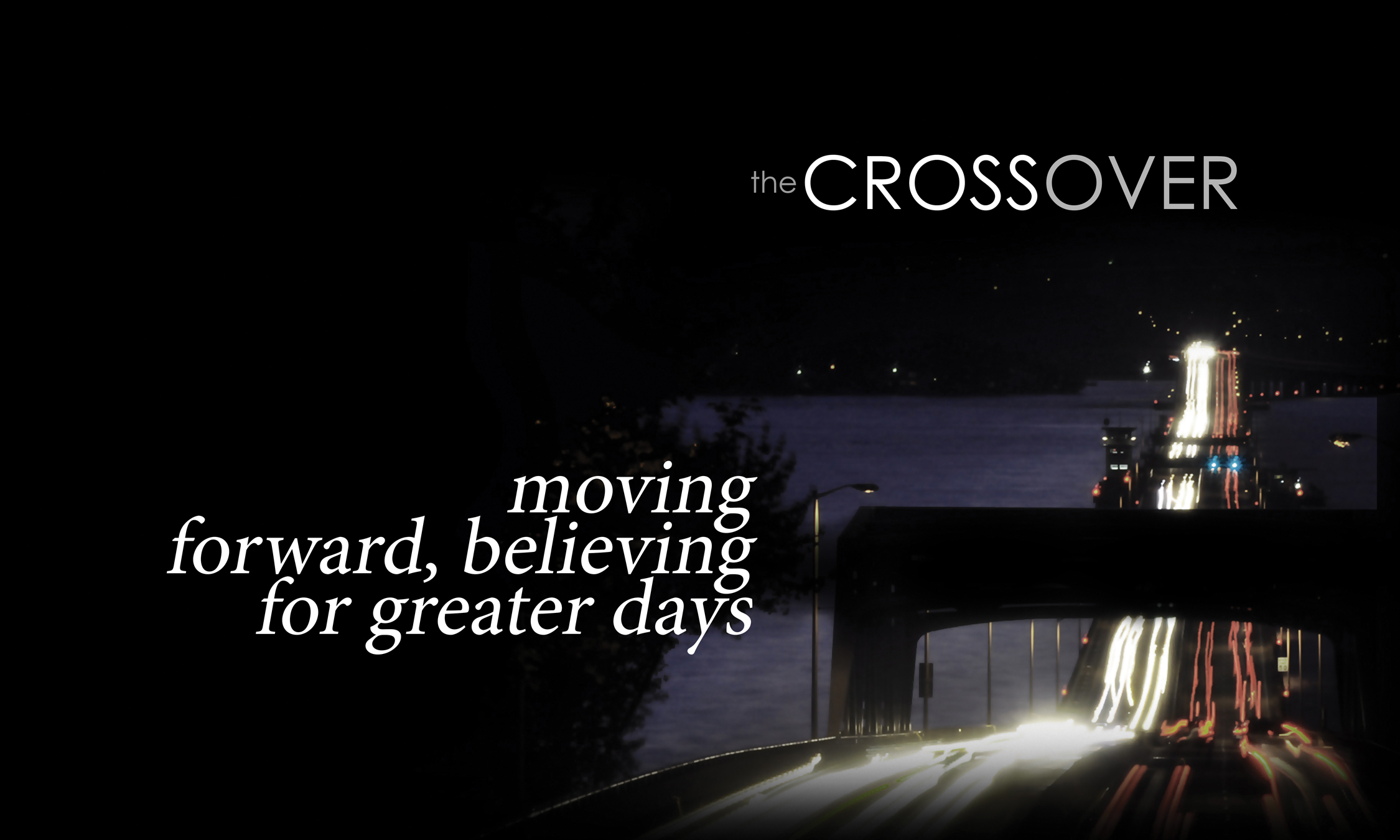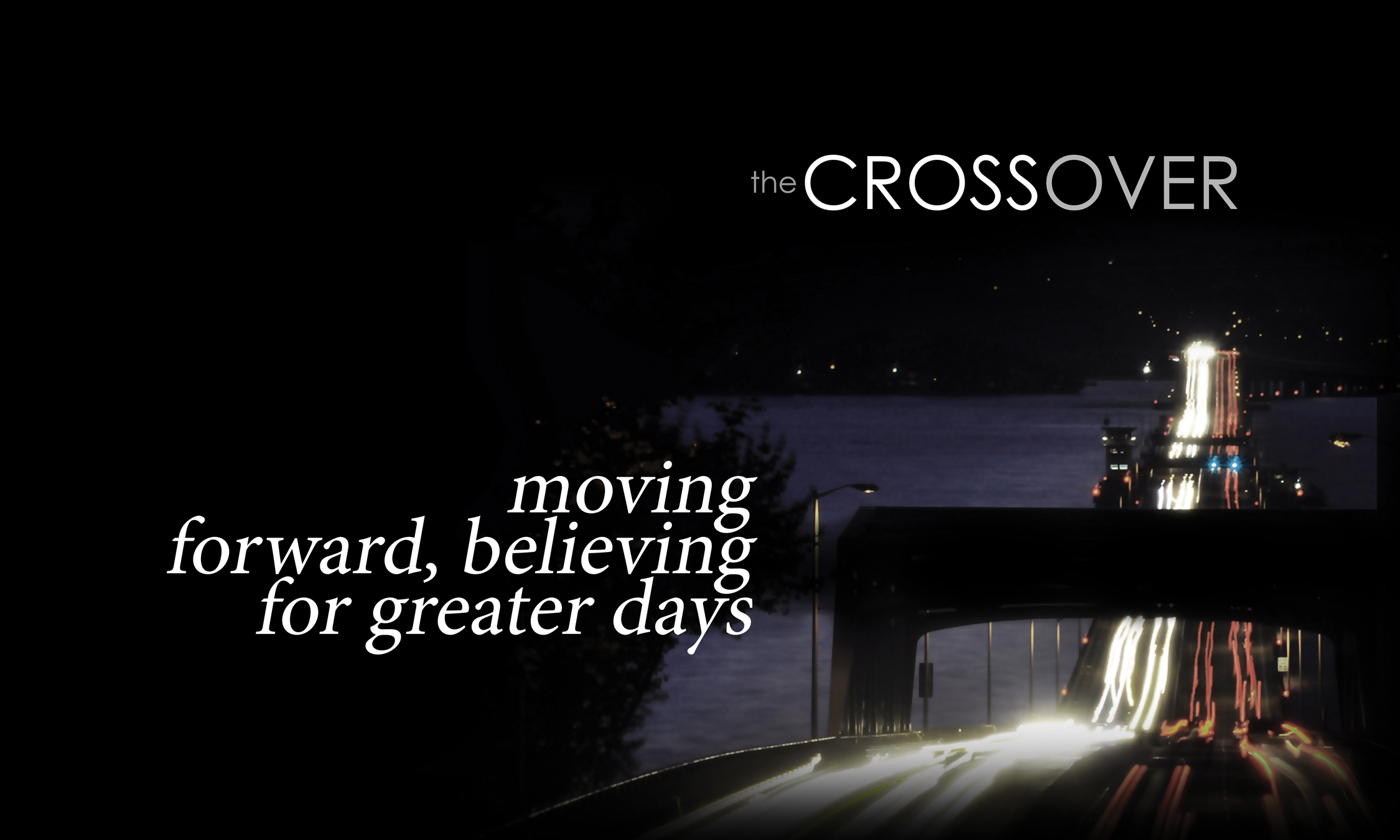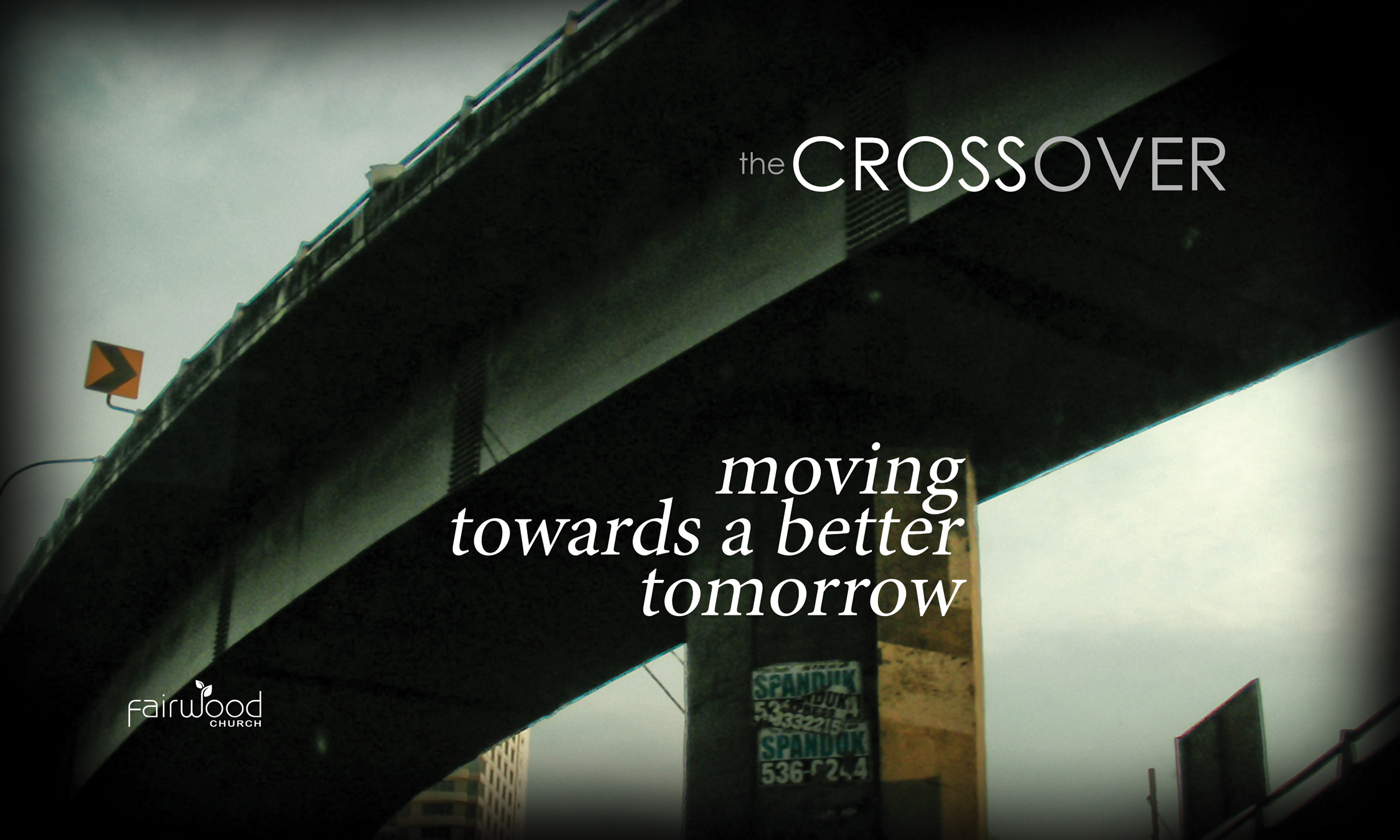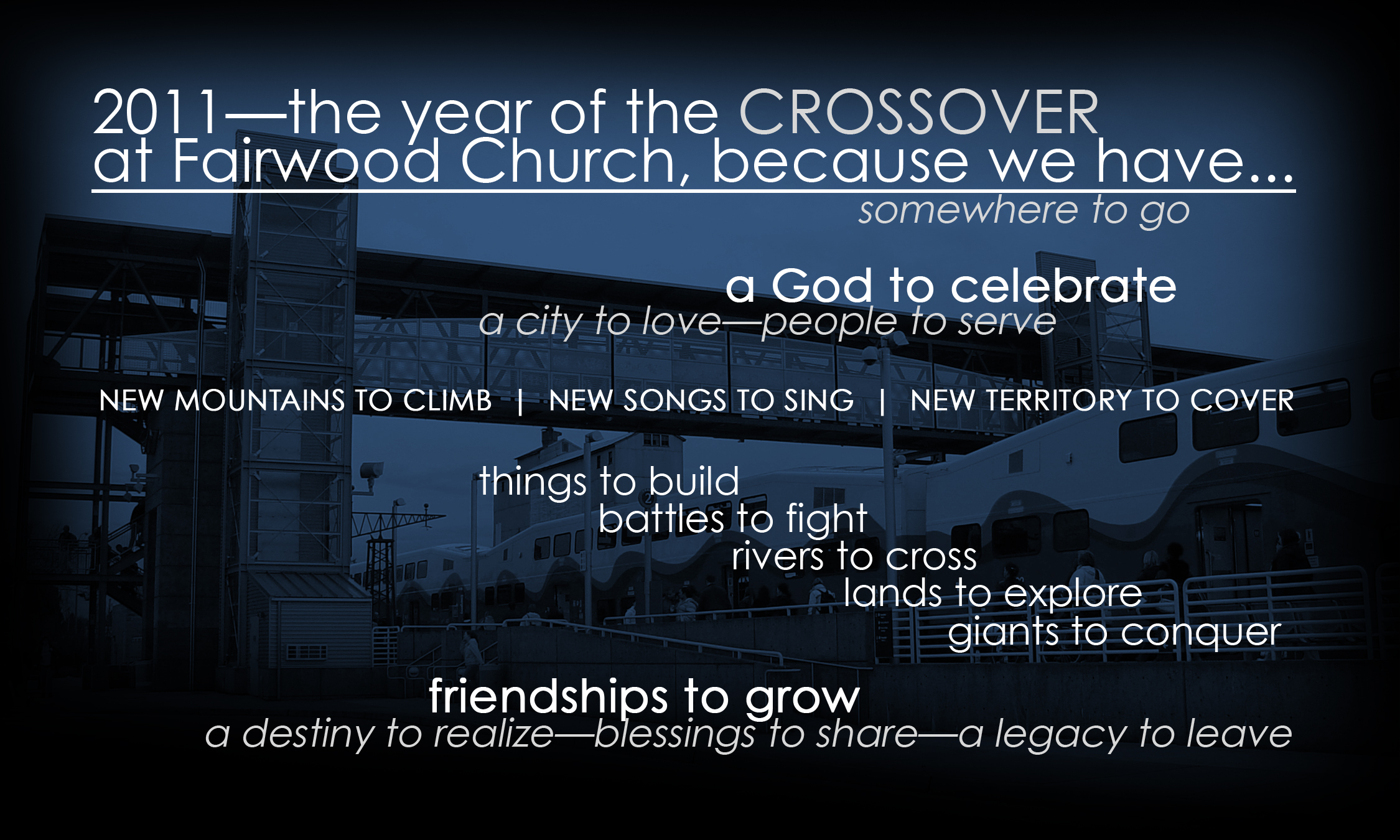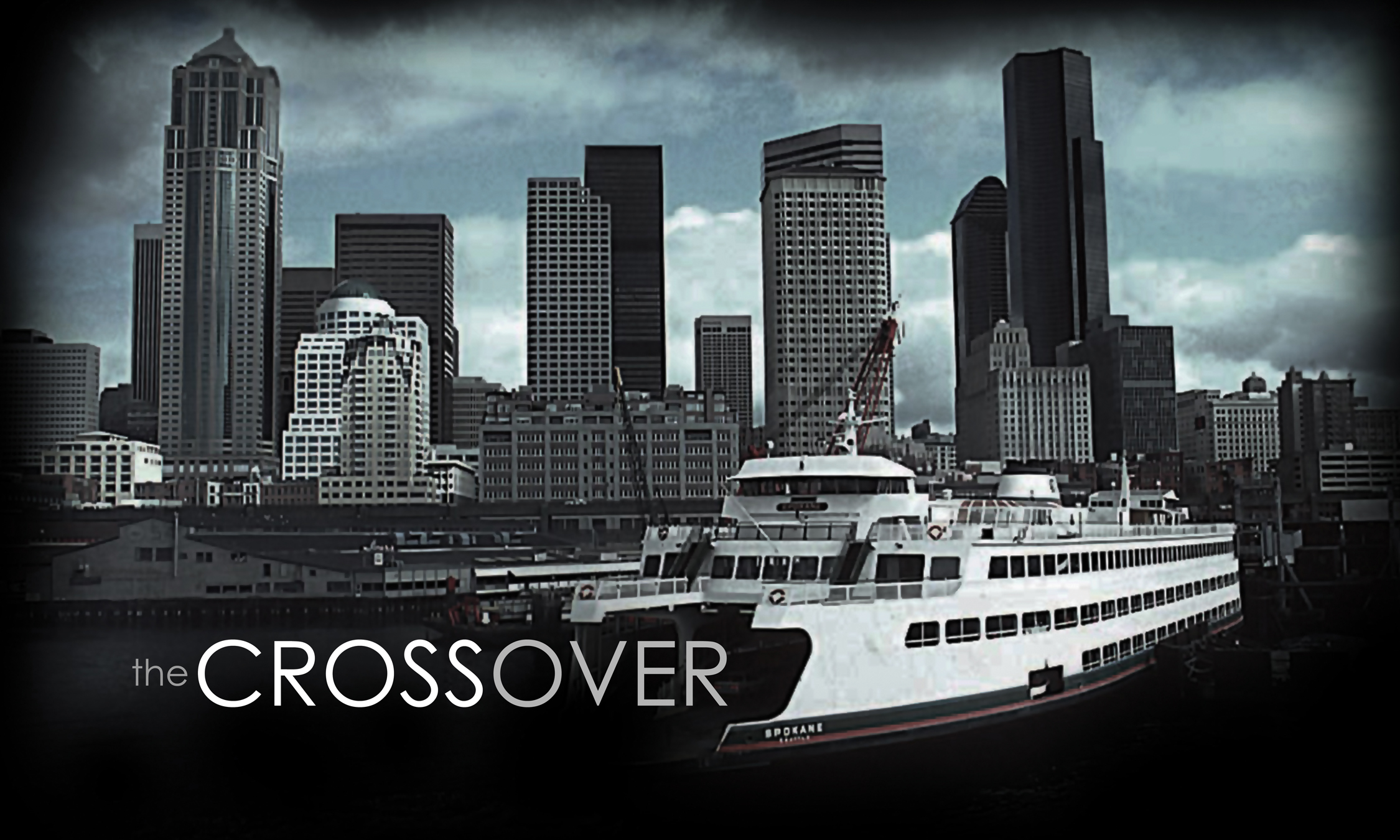Friends in Low Places
In terms of making a difference, we tend to think of going to the power-players for help.
People in high places…
Politicians. Wealthy business owners. Celebrities. You know—important, recognized, respected people.
In the story of Israel crossing over from the desert-side of the Jordan river into the new territory God had for them, a key figure emerged… someone who provided them with crucial information, someone who became an important ally and friend.
Who was this someone?
It was a harlot, a prostitute—a woman named Rahab.
For Israel, this woman of low standing became the key to the city.
I think there is a valuable lesson here for us: we need friends in low places.
Our church won’t make a difference by chasing after politicians, wealthy business owners and celebrities.
We need to reach out to to those with poor reputations.
The Dream Center in Los Angeles, led by Pastor Matthew Barnett, is a shining example of this principle.
They reach out to the hurting, the poor, the pimps and prostitutes, addicts and gang bangers.
Here are some quotes from Pastor Matthew Barnett:
“If We worship the God of the second chance, we must be people of the second chance.”
“When God sees someone help a homeless person, I believe he does a touchdown dance in heaven.”
“Getting ready to take 150 men and women in our recovery program to go see TRON. These peeps are the best!”
“We don’t need more spiritual leaders—we need more spiritual janitors, picking up broken pieces and telling people they can dream again.”
“The moment you help someone in need, you just snuggled up to Jesus a little closer.”
Follow Pastor Matthew on Twitter: http://twitter.com/#!/matthewbarnett
Read about the Dream Center: http://en.wikipedia.org/wiki/Dream_Center


